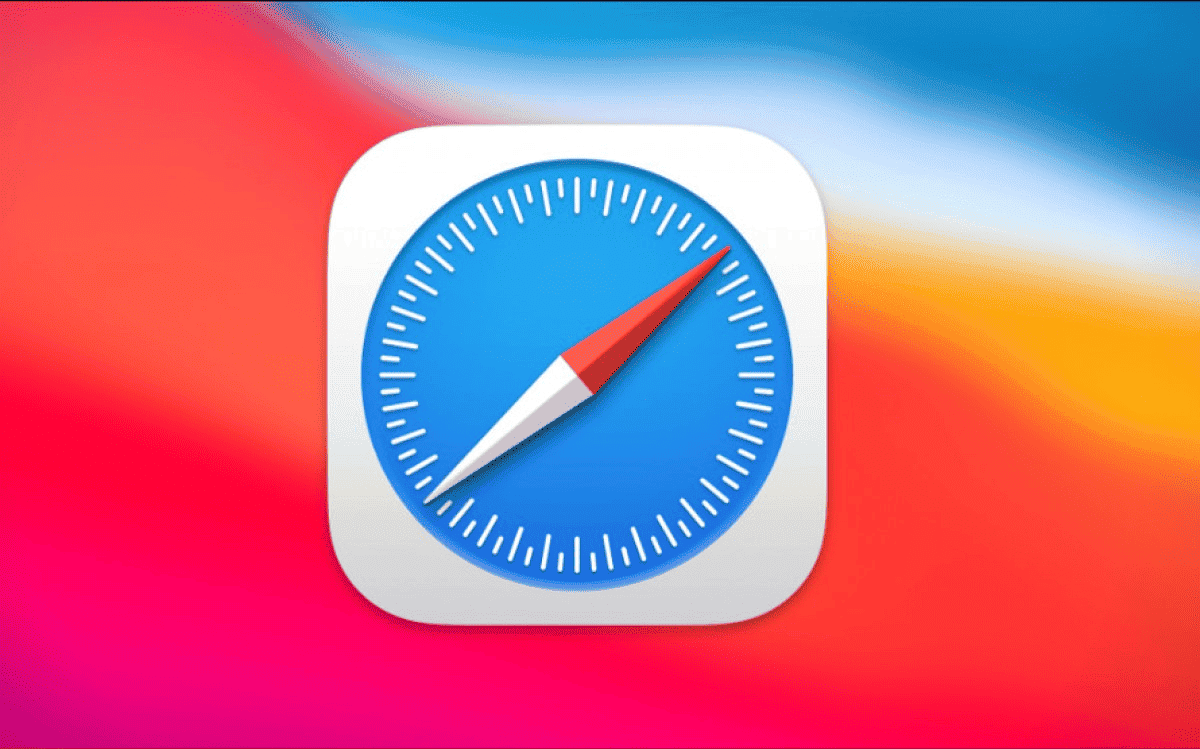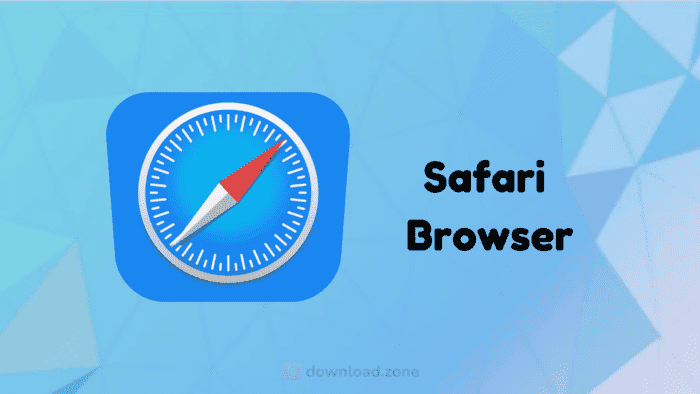Apple has recently announced plans to enable European Union (EU) iPhone users to uninstall the Safari browser. This is yet another move by the company in compliance with the Digital Markets Act (DMA). This move is part of Apple’s efforts to enhance user choice and comply with EU regulations. According to a compliance document released by Apple, iPhone users in Europe can uninstall the Safari browser before the end of 2024. Apple will introduce the option for EU-based iPhone users to give them more control over their device’s software. Excerpts from the compliance document says

Apple users now support uninstalling multiple pre-installed apps from the iOS home screen. As some users expect, Apple also plans to let users completely delete the Safari browser in the future. Apple hopes to have this option available by the end of 2024.
Apple did not mention limited regions in its log document. However, considering all the changes that Apple has been making recently due to the DMA, it is expected that the above adjustments will be limited to the European market. Furthermore, in response to the EU DMA requirements, Apple has now confirmed that they are developing a “user-friendly” solution to allow iPhone users to easily transfer data to “non-Apple phones” (i.e. Android phones), with a tentative target of 2025 Autumn of the year.

Uninstalling Safari browser
At the moment, uninstalling Safari can be a complex process due to Apple’s System Integrity Protection (SIP), which prevents easy removal of certain pre-installed applications like Safari. Disabling SIP is necessary to delete Safari, but it’s crucial to note that removing embedded applications like Safari can pose risks and potentially damage the operating system if not done correctly. If you are not experienced with macOS file systems, it is advisable to avoid uninstalling Safari to prevent any system malfunctions.
While it is challenging to completely uninstall Safari from a Mac, you can disable it by removing it from the Dock, clearing browsing data, and using another browser as an alternative. Also, on iOS devices like iPhones and iPads, you cannot delete Safari due to its deep integration into the operating system; however, you can remove its icon from the home screen and clear browsing data to free up storage space. Remember that disabling Safari does not delete the app or its data entirely on iOS devices. However, with the latest report, by the end of this year, the process will be pretty easy.
Apple Safari in Europe will remind users to set their default browser
Before the latest report on an option to completely delete the Safari browser, Apple had announced changes to iOS, Safari, and the App Store in the European Union. Just like other changes, the change is a result of the Digital Markets Act (DMA) requirements. Apple said it will open browser restrictions to users in 27 EU member states in the upcoming iOS 17.4 update. After iPhone users in Europe upgrade to iOS 17.4, they will see a new window after opening the Safari browser. This window will remind them to change their default browsers should they desire to do so. Apple issued a follow-up email today stating that for iPhone users in EU member states.
iOS users already can set a third-party web browser as their default. However, the new window will make this process more prominent and user-friendly. The new window will list the 12 most popular web browsers in the App Store in their country. The list of browsers that can be set as a default varies slightly between countries. While some browsers are available in all EU countries, others are limited to specific countries.
Apple shared an alphabetical list of the browsers that will currently be available across the European Union. It is worth noting that this adjustment applies to the 27 countries in the EU. This no longer includes the UK, which will withdraw from the EU in 2020.

We have the list of browsers that will pop up in four European countries
- France: Aloha, Brave, Chrome, DuckDuckGo, Ecosia, Edge, Firefox, Onion Browser, Opera, Private Browser Deluxe, Qwant and Safari.
- Germany: Aloha, Brave, Chrome, DuckDuckGo, Ecosia, Edge, Firefox, Ivanti Web@Work, Onion Browser, Opera, Safari and You.com AI Search Assistant
- Italy: Aloha, Brave, Chrome, DuckDuckGo, Ecosia, Edge, Firefox, Ivanti Web@Work, Onion Browser, Opera, Safari and You.com AI Search Assistant
- Spain: Aloha, Brave, Chrome, DuckDuckGo, Ecosia, Edge, Firefox, Onion Browser, Opera, Safari, Vivaldi and You.com AI Search Assistant
Conclusion
In conclusion, Apple’s recent announcements regarding the Safari browser and compliance with the Digital Markets Act (DMA) in the European Union mark significant shifts in user control and regulatory adherence within the iOS ecosystem. The decision to enable EU iPhone users to uninstall Safari reflects Apple’s commitment to enhancing user choice and complying with EU regulations regarding fair competition and consumer rights.
By allowing users to uninstall pre-installed apps like Safari, Apple aims to empower users with greater flexibility and control over their device’s software environment. This move not only aligns with the principles of the DMA but also demonstrates Apple’s responsiveness to evolving regulatory frameworks and user preferences.
Furthermore, the introduction of a user-friendly solution for data transfer to non-Apple phones underscores Apple’s recognition of the importance of interoperability and user freedom in a diverse digital ecosystem. The tentative target of 2025 for this feature reflects Apple’s commitment to developing robust solutions that meet regulatory requirements while ensuring a seamless user experience.
Additionally, the forthcoming changes to Safari in the European Union, including the option to set default browsers and the prominent display of browser options, represent Apple’s proactive approach to compliance and user transparency. By simplifying the process of setting default browsers and providing users with clear choices, Apple aims to enhance user experience and foster a competitive digital environment.
Overall, Apple’s initiatives in response to the DMA signal a paradigm shift in the company’s approach to software and regulatory compliance. As Apple continues to navigate evolving regulatory landscapes and consumer demands, its commitment to innovation, user empowerment, and regulatory compliance will shape the future of the iOS ecosystem in the European Union and beyond.





